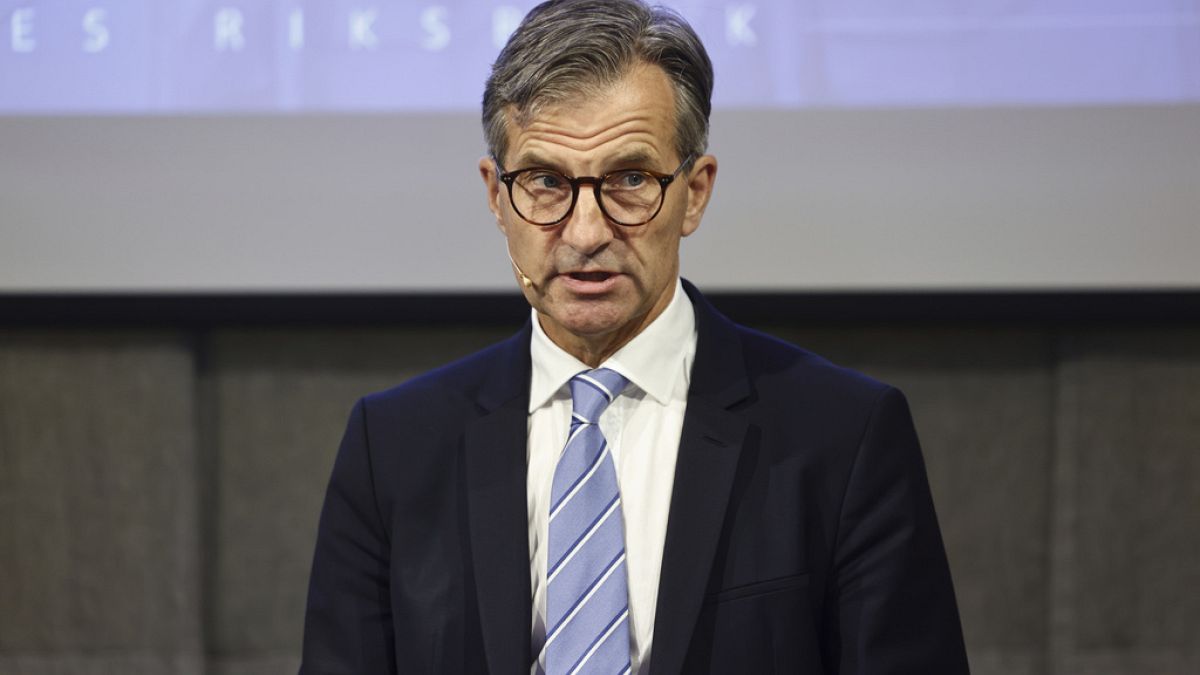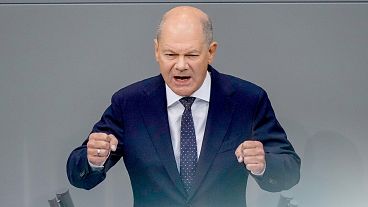Growth is weak in Sweden while inflation remains low, pushing policy makers to lower borrowing costs.
Sweden's Riksbank cut its key interest rate from 3.75% to 3.50% on Tuesday, the second time borrowing costs have been lowered this year.
Policy makers added that they are considering as many as three more reductions in 2024, provided that price pressures remain under control.
In June, the bank’s approach was slightly more cautious, proposing a maximum of three rate cuts - which includes the one seen today.
"The prime driver of the reduction is the decline of the Swedish inflation rate … which is close to the inflation target of the Riksbank of 2%," said Lars Jonung, professor emeritus at the Knut Wicksell Centre for Financial Studies at Lund University.
Inflation (CPIF) has now been under the 2% target for two months in a row.
"A secondary reason is that the Swedish economy is not booming, but rather Sweden is in a recession with a high rate of unemployment, one of the highest in the EU," added Jonung.
Due to high borrowing costs, businesses' hiring budgets remain constrained.
"The key reason for the Riksbank's more dovish outlook seems to be the weak preliminary GDP data for Q2 which showed the economy contracting by 0.8% [compared to the previous three months]," said Andrew Kenningham, chief europe economist at Capital Economics.
He added that the Riksbank seems notably concerned about "interest rate sensitive sectors, including household consumption" that have been doing "particularly poorly".
Compared to many other economies, Sweden is more sensitive to interest rate movements because it is particularly reliant on international trade and it has a high level of household debt.
When interest rates rise, so do payments on most mortgages in Sweden, which in turn tends to dampen consumer spending.
Currency fluctuations also play a role in Sweden's monetary policy decisions, explained Pär Österholm, Professor of Financial Economics at Örebro University School of Business.
"While there is no target level for the krona, the exchange rate affects inflation – a fact which was pointed out in the Riksbank's press release today," he noted.
When the value of the krona falls compared to other currencies, the price of imports increases in Sweden, which can push up inflation.
Even so, Österholm noted that the "battle against high inflation is considered won" in the country, "even if there, as always, are uncertainties".
Tuesday's guidance suggests that Sweden's key interest rate could fall to 2.75% by the end of the year.















